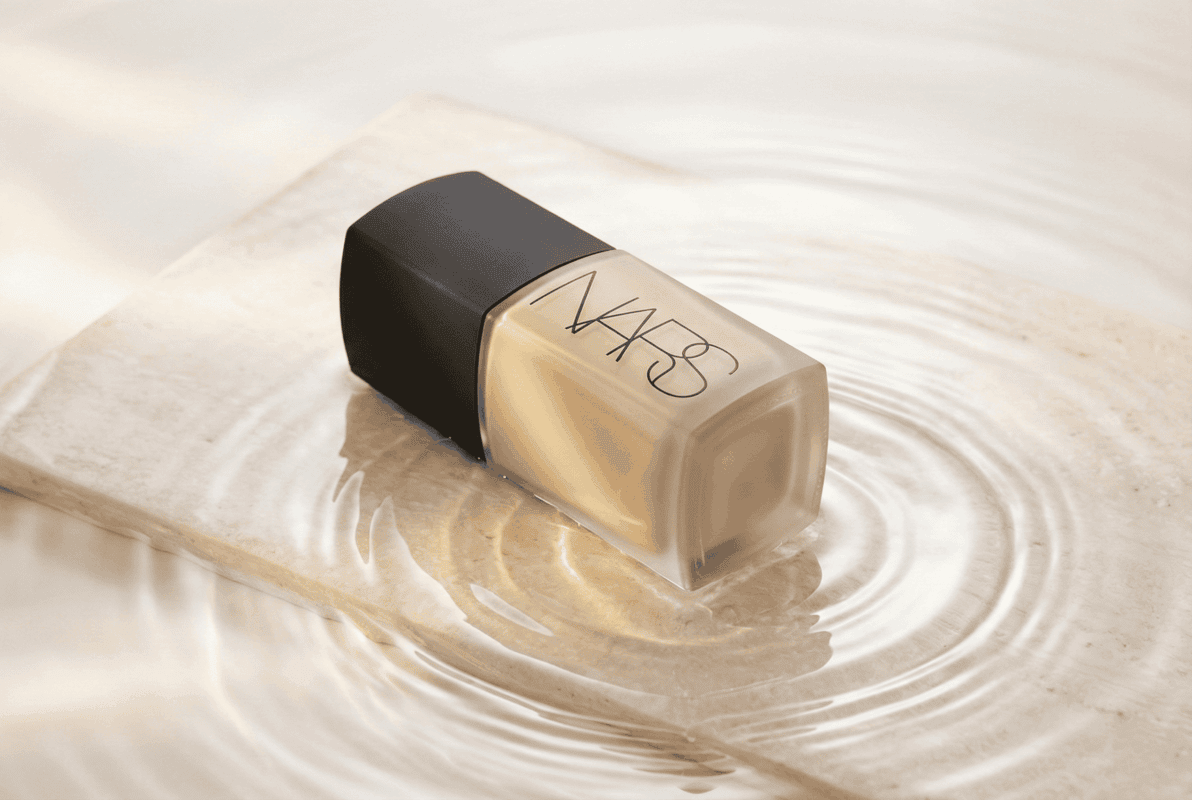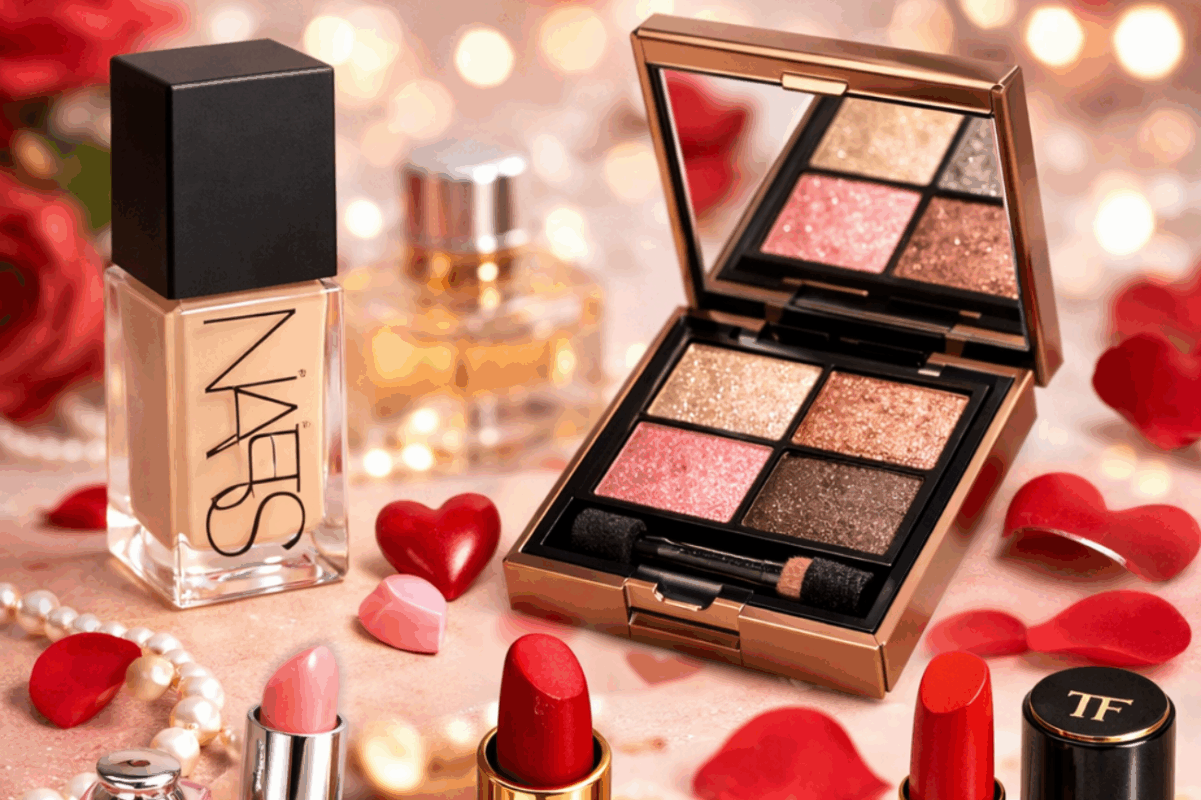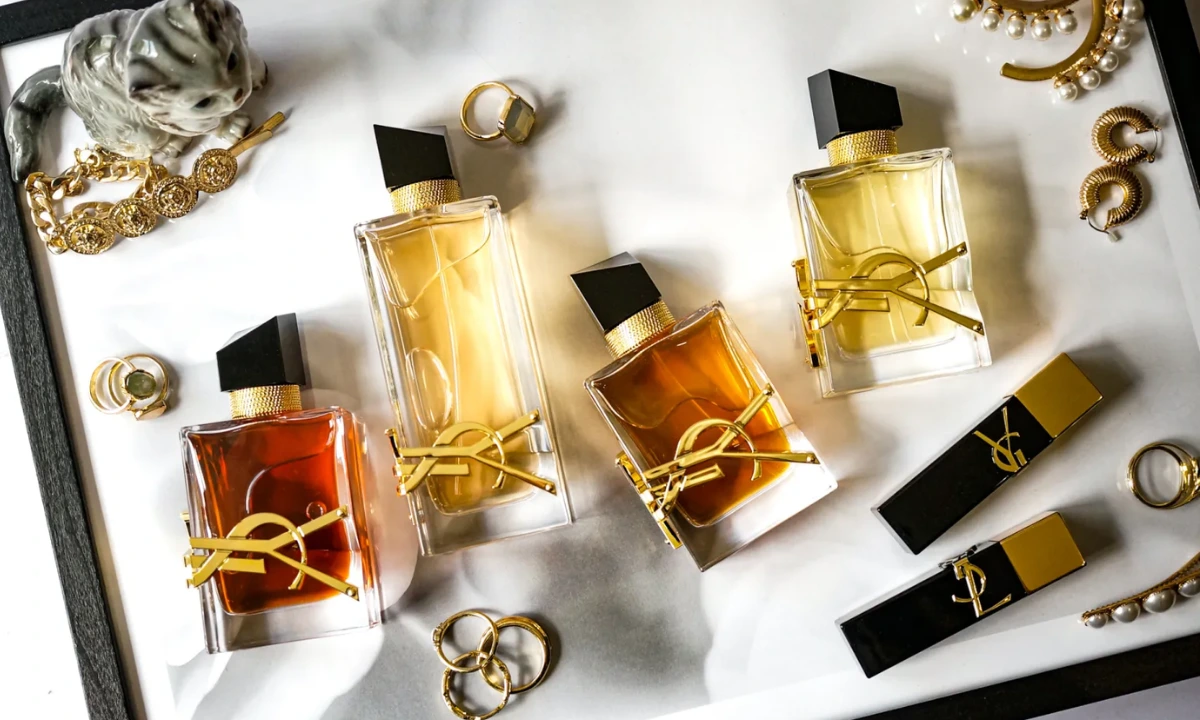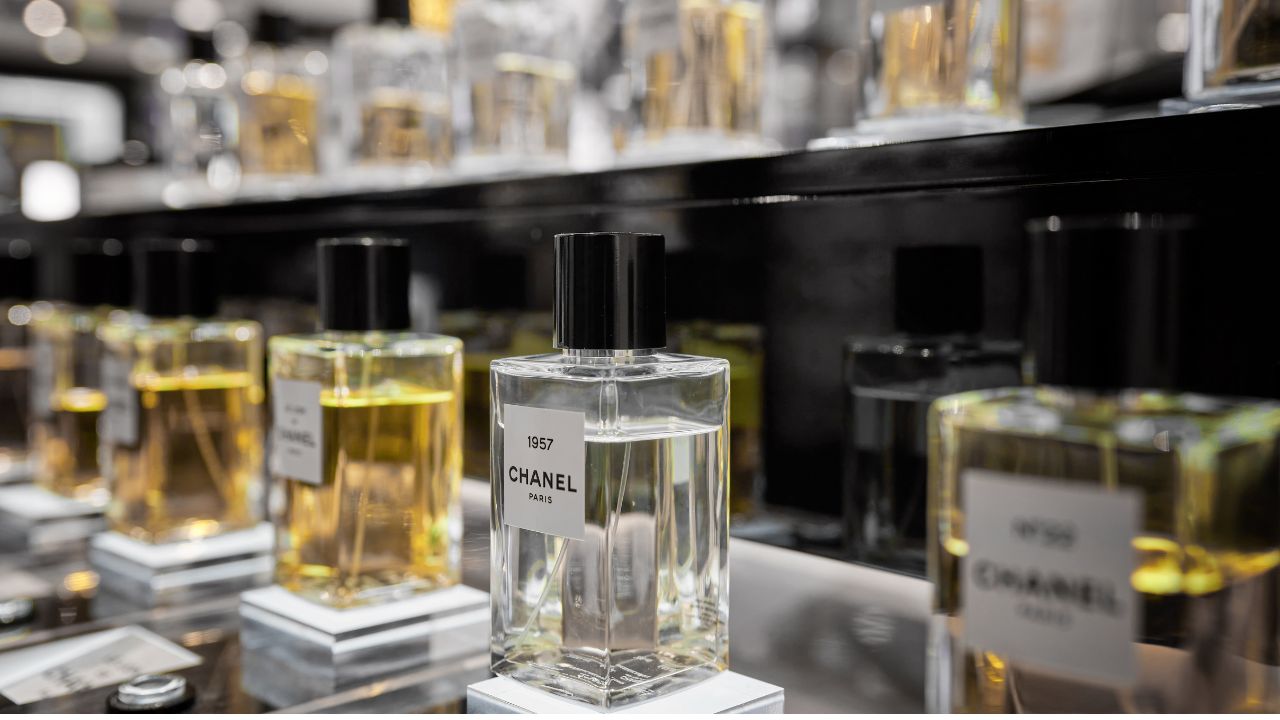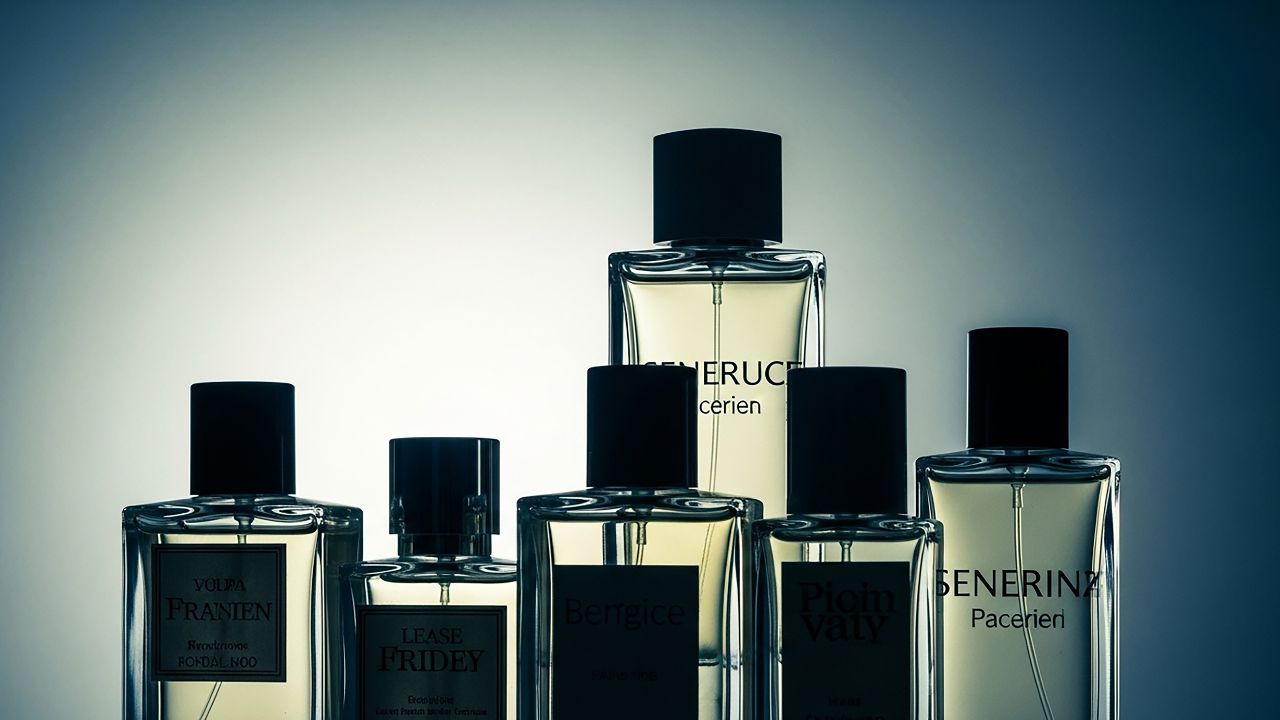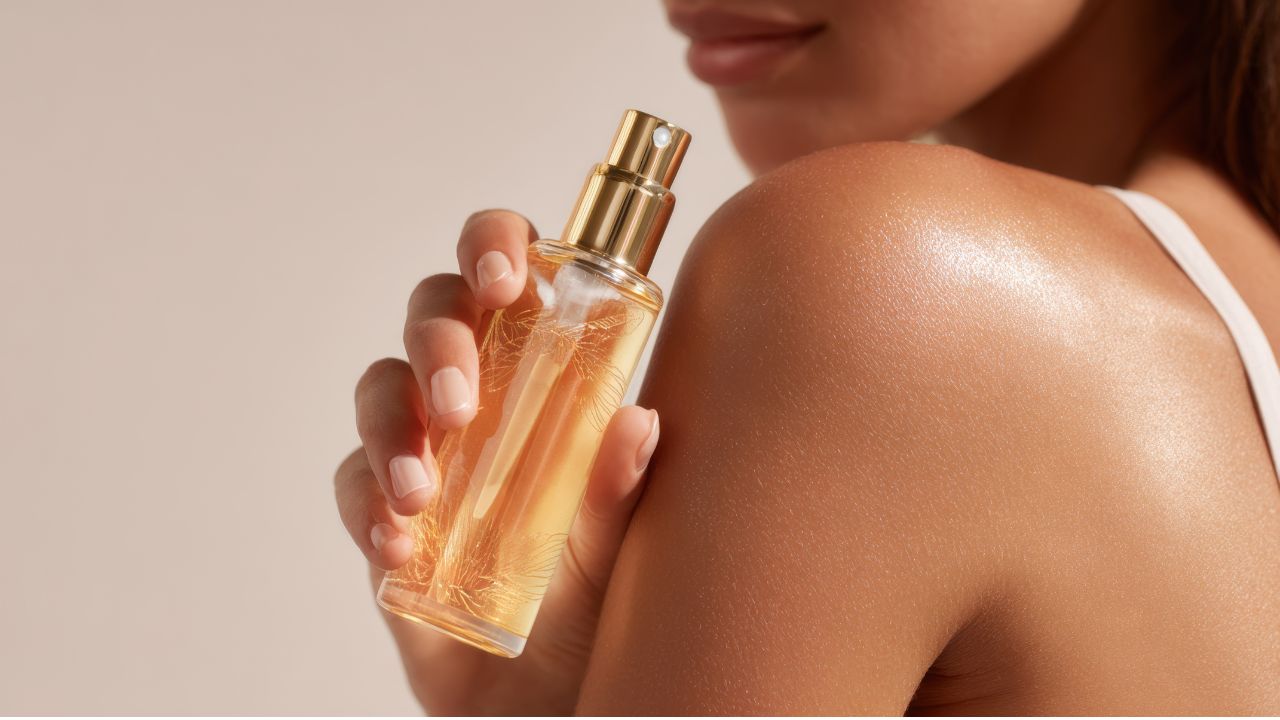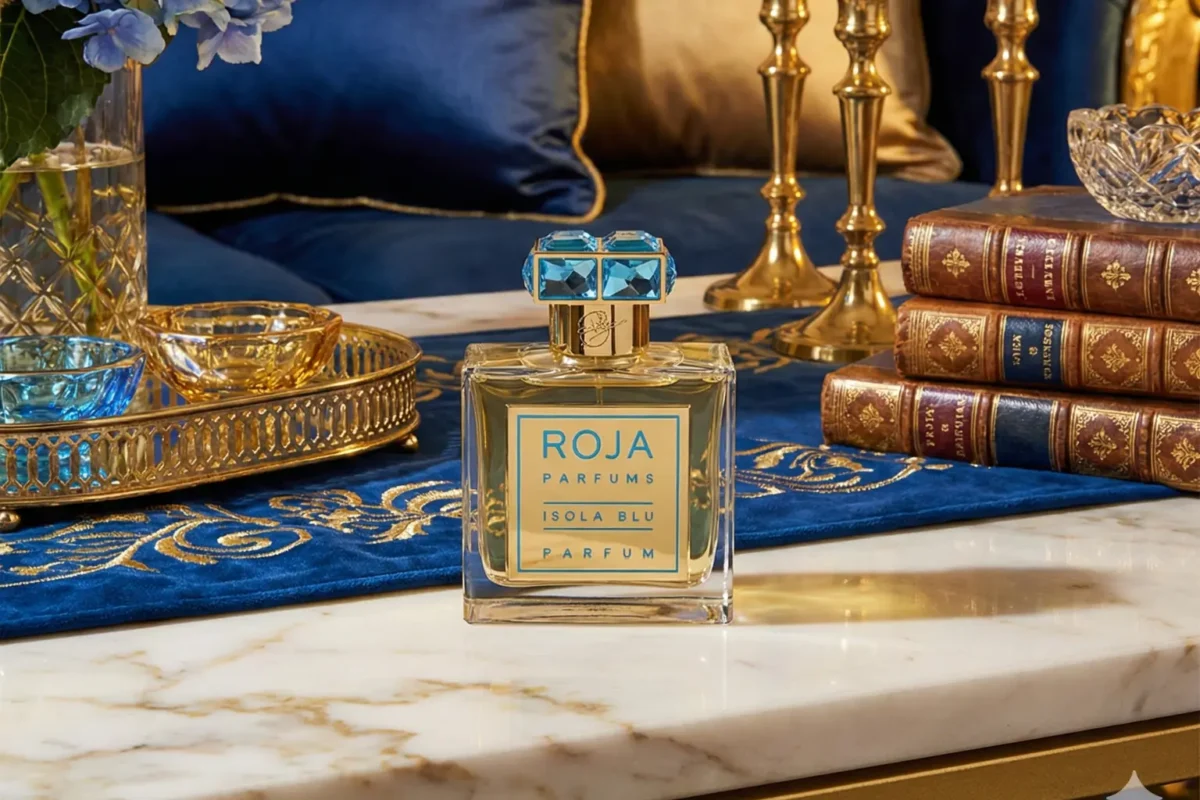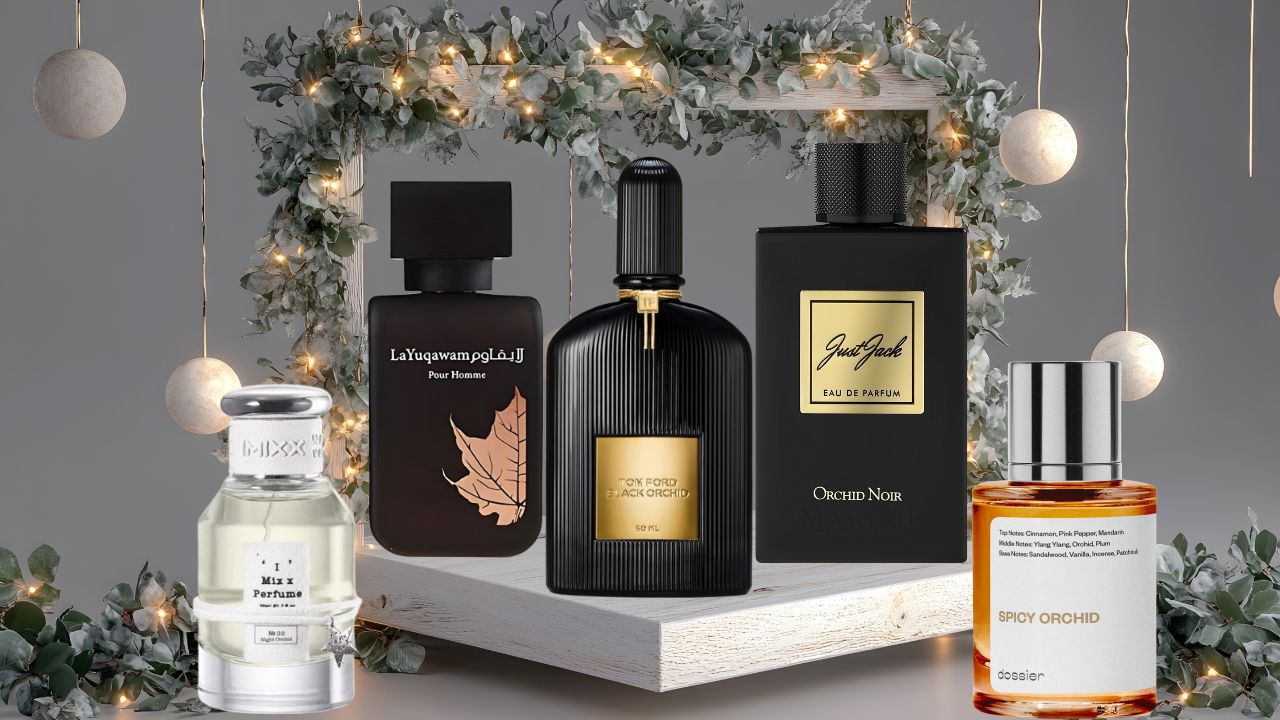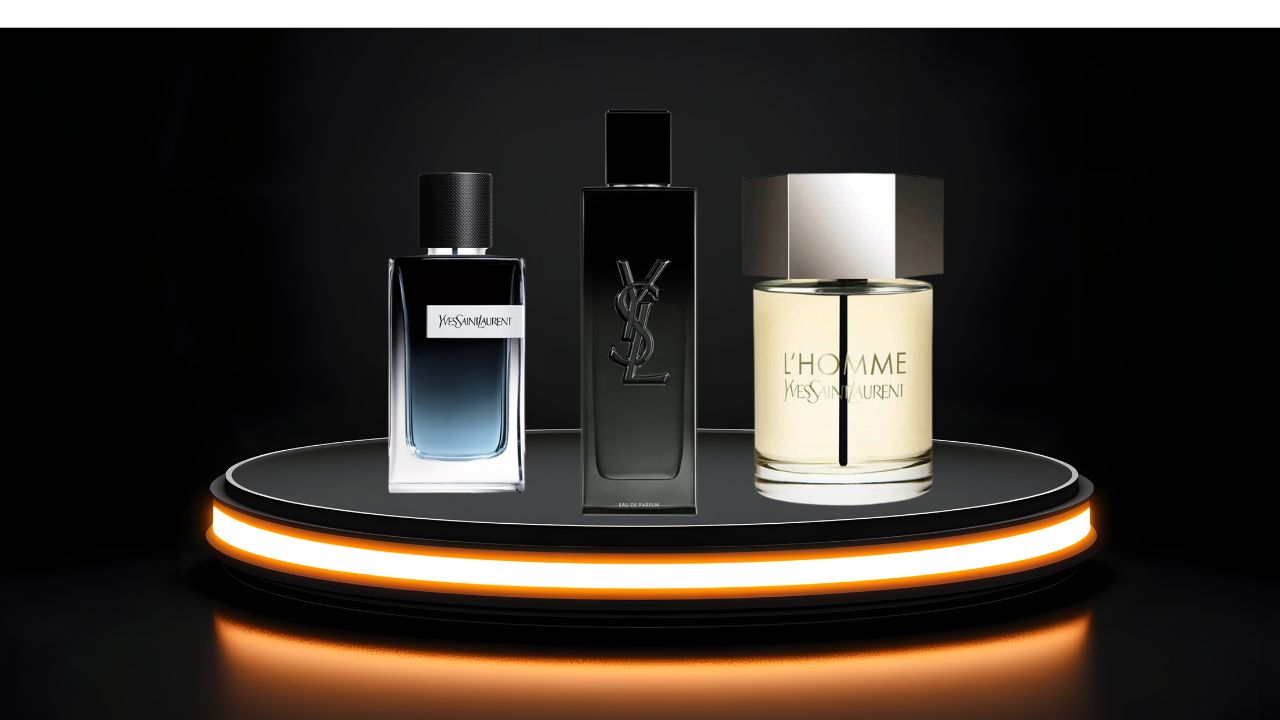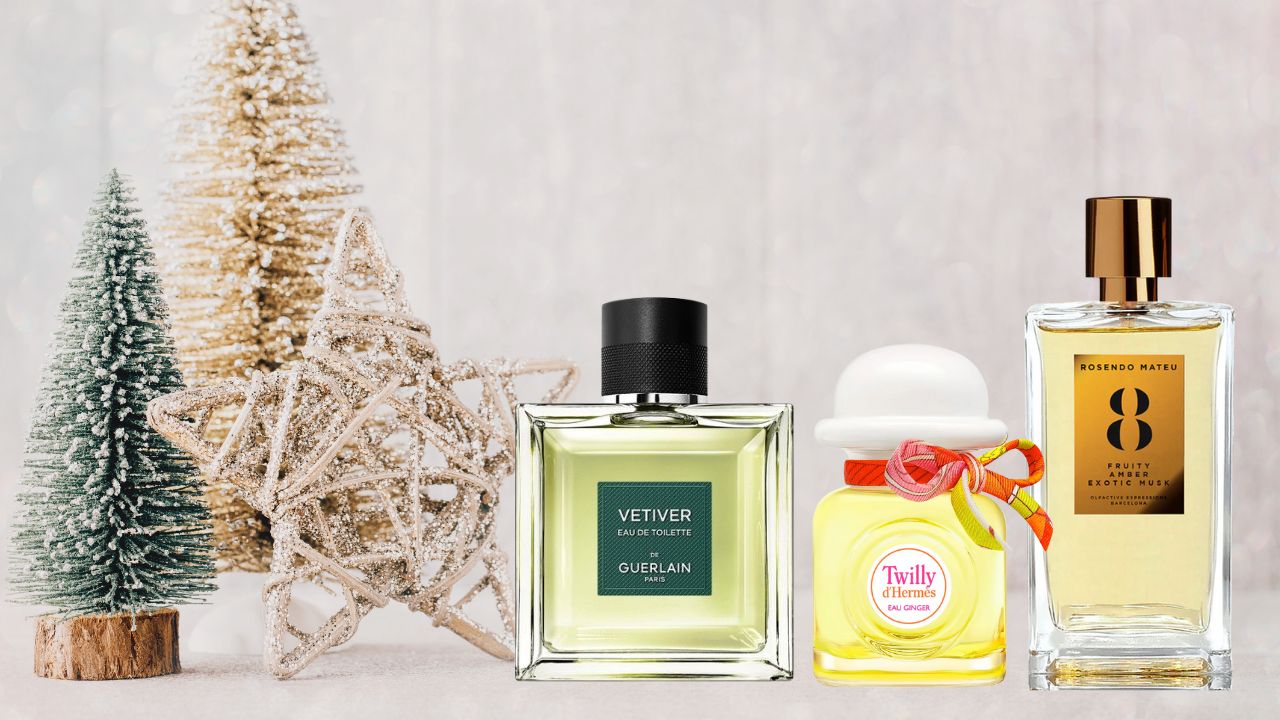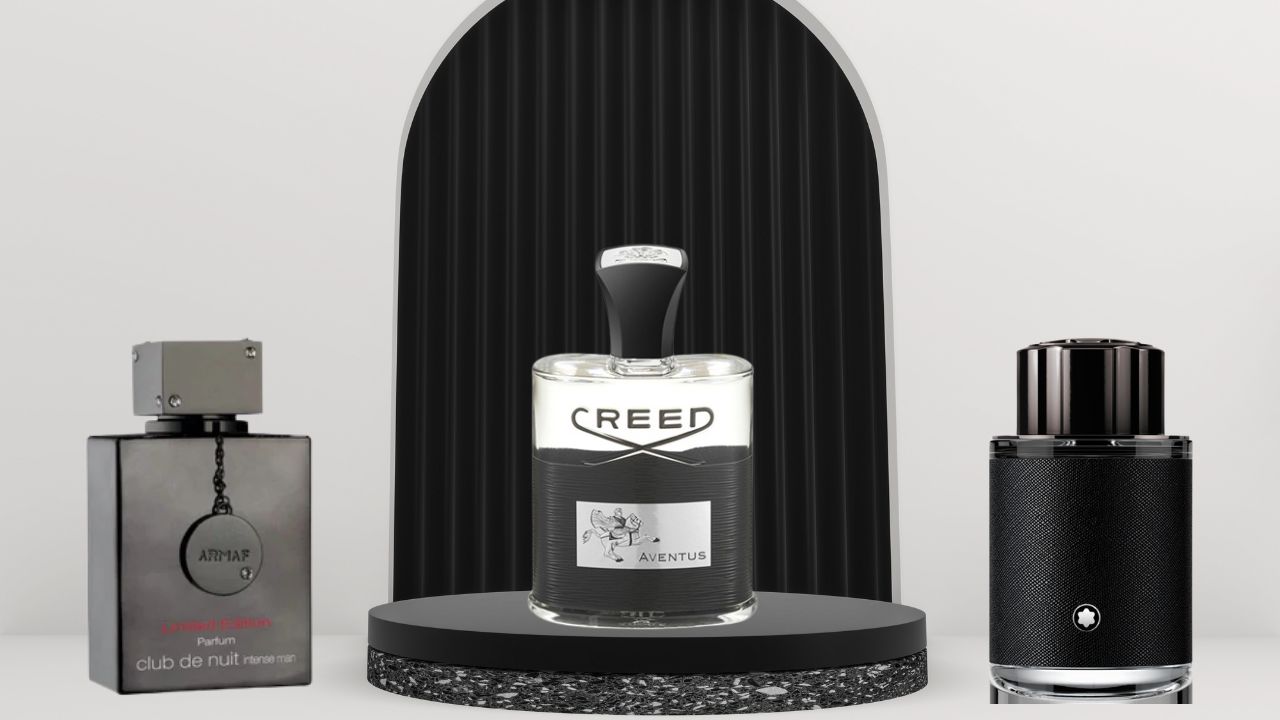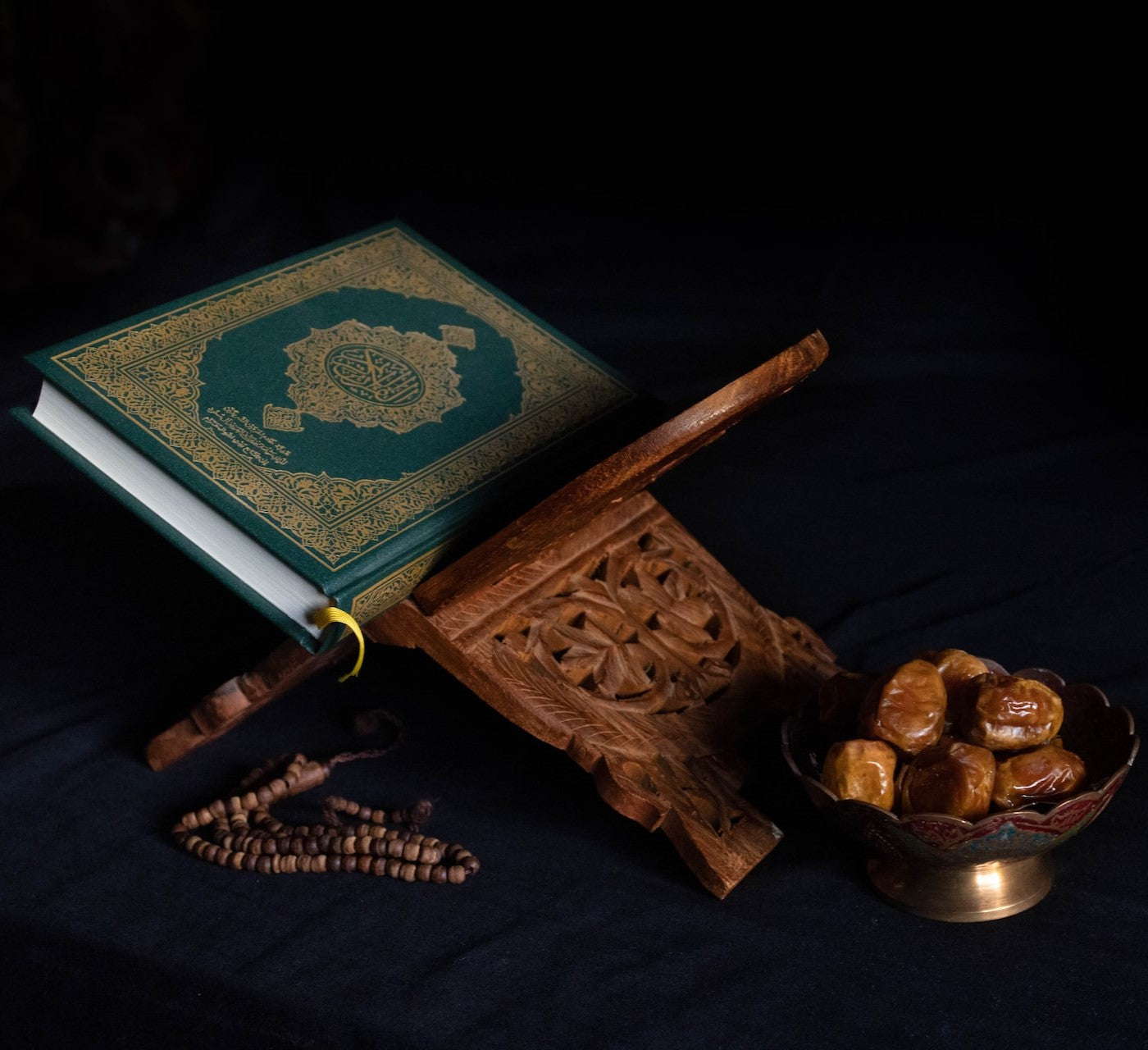
Is Perfume Halal or Haram?
Perfumes are universally beloved for their aesthetic and utilitarian value. However, if you are a follower of the Islamic faith, you may be unsure whether you are permitted to use fragrance. We are here to clear up your doubts.Before we dive into the question of whether perfumes are halal or haram, let us understand these terms first. While halal refers to anything that is permissible in Islam, haram is used to label unlawful items and practices as deemed by the religion.
Are perfumes permitted in the Islamic faith?
Fragrances and cosmetics have long been considered staples in the Islamic community because the religion places importance on grooming and cleanliness. The Prophet reiterated that purification is a valuable religious practice. In fact, wearing perfume is a Sunnah of the Prophet. Thus, perfumes are not barred for Muslims. However, there are certain things that one should take into consideration in this regard.Pure perfume oils or attars are unconditionally lawful in Islam. The primary reason why modern-day designer and niche perfumes present such a dilemma is that they tend to boast a combination of scented oils and alcohol carriers. The concentration of the fragrance determines the alcohol content, which can vary between 20-80%. Since the consumption of alcohol is considered haram in Islam, usage of such perfumes fall in a grey area.Here’s the good news. Various scholars have reiterated that the alcohol used in perfumes is considered “pure” because it is created artificially in a lab with the help of chemical distillation process. Drinking alcohol usually undergoes a natural fermentation process that makes it fit for consumption.Perfumers alcohol contains denatured ethanol, isopropyl myristate and monopropylene glycol. The composition facilitates fast absorption of the concentrated fragrance oil and evaporation of the alcohol. Thus, perfumers’ alcohol cannot be consumed for intoxication, orally, topically, or otherwise. Its only purpose is to improve the performance of commercial fragrances. Hence, perfumes are considered halal. Hand sanitizers and rubbing alcohol are also allowed since they serve a medical purpose. Some scholars maintain that if alternatives are available, it is better to avoid perfumes with higher alcohol concentration than 10-20%. Fragrance oils and perfumes with less than 5% alcohol content can always be used without any cause for concern.
About Vanja
Hi, I'm Vanja! I believe that a fragrance is more than just a scent; it’s a powerful way to shape and express your own story. As a true beauty enthusiast, my journey is driven by the belief that luxury and niche perfumes should be within everyone's reach. I’ve spent years exploring the intricate world of niche perfumes and cosmetics, and I love acting as that 'knowledgeable friend' who helps you discover hidden gems without the elitist jargon. When I’m not diving deep into fragrance notes or curating the best deals for our collection, you’ll find me embracing a mindful lifestyle—whether that’s through yoga, exploring creative hobbies, or simply finding inspiration in the little things. For me, life is about authenticity and discovery. I’m here to help you start or expand your own collection with smart, savvy choices that never compromise on quality.
View all posts by Vanja

